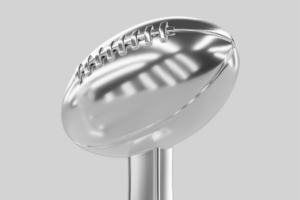FAQs Blood Clots and Women’s Health
Q. Will anticoagulation therapy cause changes in menstruation?
A. Usually not.
Q. What happens if I get pregnant while taking Coumadin?
A. Stop taking Coumadin, and tell your doctor immediately. You will be switched to Heparin.
Q. Why can’t Coumadin be taken during pregnancy?
A. Coumadin passes through the placenta to the fetus and can cause major birth defects during weeks 6 to 12 of gestation.
Q. Does Heparin hurt the baby?
A. No, because it does not pass through the placenta to the fetus.
Q. How is Heparin taken during pregnancy?
A. Either by periodic injections or with an IV hooked to a small pump that can be worn like a “fanny pack”.
Q. Will Heparin increase the risk of bleeding during delivery?
A. Heparin is not given during delivery.
Q. What if I need a Cesarean section?
A. A C-section, like any major surgical procedure, is a risk for blood clots.
Q. How long after delivery will I stay on anticoagulants?
A. For at least six weeks after delivery.
Q. Is it safe to breastfeed while on Coumadin?
A. Yes.
Q. Can I take hormone replacements containing estrogen?
A. This is generally not recommended for anyone who has had a history of clots because hormone replacement therapy increases the risk of a DVT or PE. You should discuss this with your doctor.




